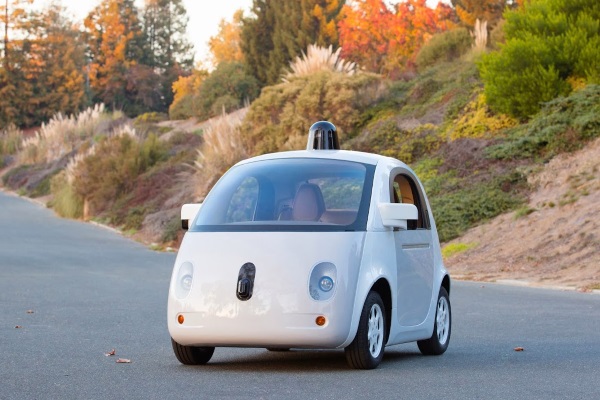Recent history has often seen laws and regulations holding back technological and scientific development. I’m not going into controversial topics like stem cell production, instead I’ll give a look at something more mundane: individual transportation.
Take Uber and all the controversy it has been able to generate: the technology was ready, but regulations, and the society at large, weren’t.
I’m not taking a side in this story, as I’ve never tried Uber or any of its competitors, but from what I see its usage experience is better than that of regular taxis. I’ve received personal threats on Twitter for writing something to this extent, a while ago. Taxists are entrenched as they have a position and a business to protect, which is understandable, but the society must come to terms with this. It will happen, on day. Innovation always finds a way to sneak through the cracks of our walls and change our life, one little improvement at a time.
Car sharing is not different: to make it work, two types of problems had to be resolved: regulatory and technological. In this case the regulations were somewhat simpler to handle, as it’s just a very short car rental. Technology had to be developed to support a usable service that gives users a sense of trust and reliability. Smartphones and their ubiquity played a fundamental role in this. While it was possible, technically, ten years ago, car sharing became viable only in 2013, that is when the required technology was a commodity.
In a not so distant future – maybe ten to fifteen years, with a bit of luck – I see car sharing widely adopted with cross-city availability. This means that we’ll be able to get out in the morning, take the first car in the street, and travel to another city or to a vacation place. The majority of cars will be shared, and not private.
If you think about it, all the cars you see sitting around in parking lots or on the streets are useless: they’re wasting space and occupying material and financial resources. Now imagine if you could take any car in the street and pay only for the time you actually use it, wherever you go. That would be fantastic.
Now let’s add the last bit to the picture: self-driving cars. Safe, fast, and ecologic. To those countering the safety argument with bland comments about how humans will always be better than machines at driving, consider this: in a few years of limited experimentation, Google’s self-driving cars have logged 40 years of collective driving experience, which is arguably more than most people out there have under their belts. Moreover, you get consistent driving behavior across all vehicles, instead of thousands of independent minds going on about their business as if they own the road.
Yes, I believe that will be the future: shared, electric, self-driving cars that you take or book at need, always in good condition, and that you don’t have to purchase.

